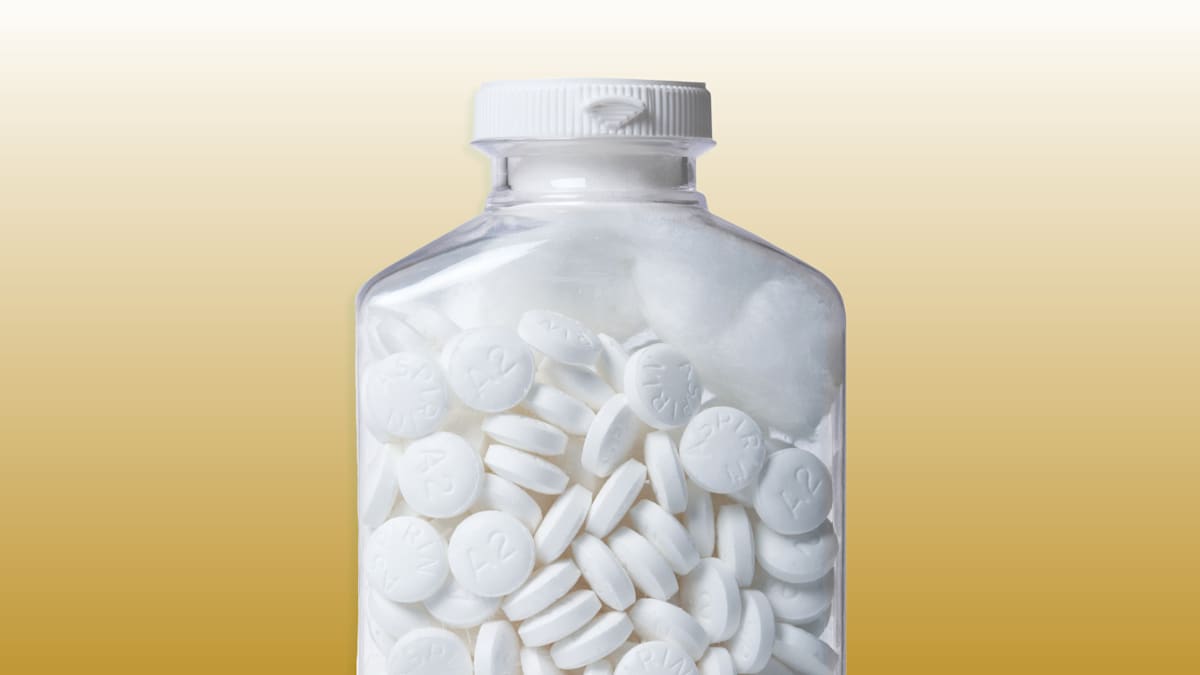
For others, the advice isn’t so straightforward. People under 60 may benefit from daily aspirin if they have a 10 percent or greater chance of having a heart attack or stroke in the next 10 years, says Natasha Bhuyan, MD, a family physician in Phoenix. Factors that increase that risk include having high blood pressure or cholesterol levels, though controlling them is a higher priority than starting aspirin.
Smokers and people with a coronary calcium score over 100, which indicates moderate or higher levels of plaque in the heart’s arteries, might also benefit, Lloyd-Jones says.
But not all of those people are good candidates. For example, taking aspirin daily may not be a good idea if you have a history of ulcers or gastrointestinal bleeding, or if you have two or more alcoholic drinks daily or a history of falls.
Age matters, too. Some guidelines say that no one over 60, even those at high risk, should start an aspirin regimen to prevent a first heart attack or stroke, while others set that limit at 70. In general, the greater your chance of having a heart attack and the lower your risk of bleeding, the more likely aspirin may be right for you.
Source link






